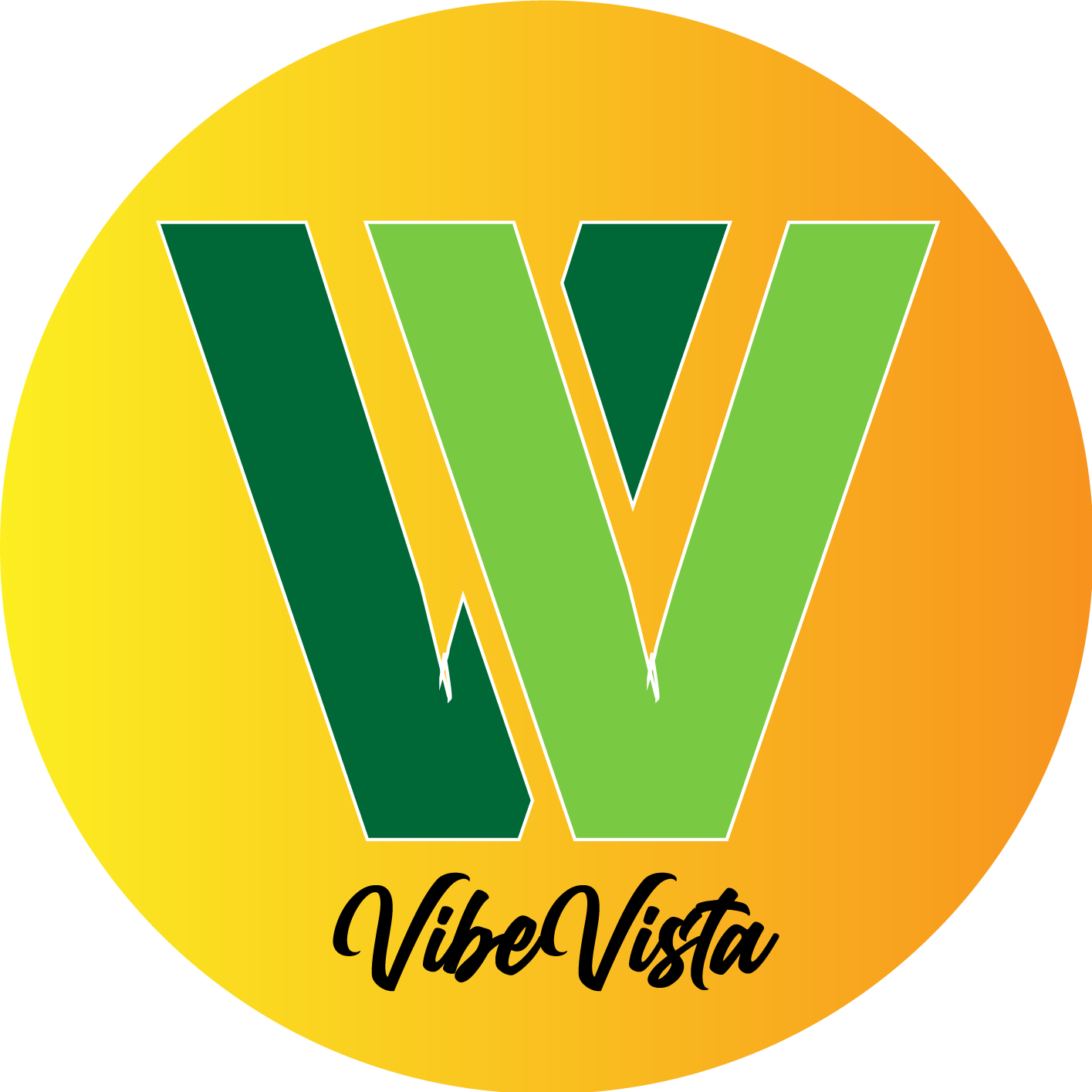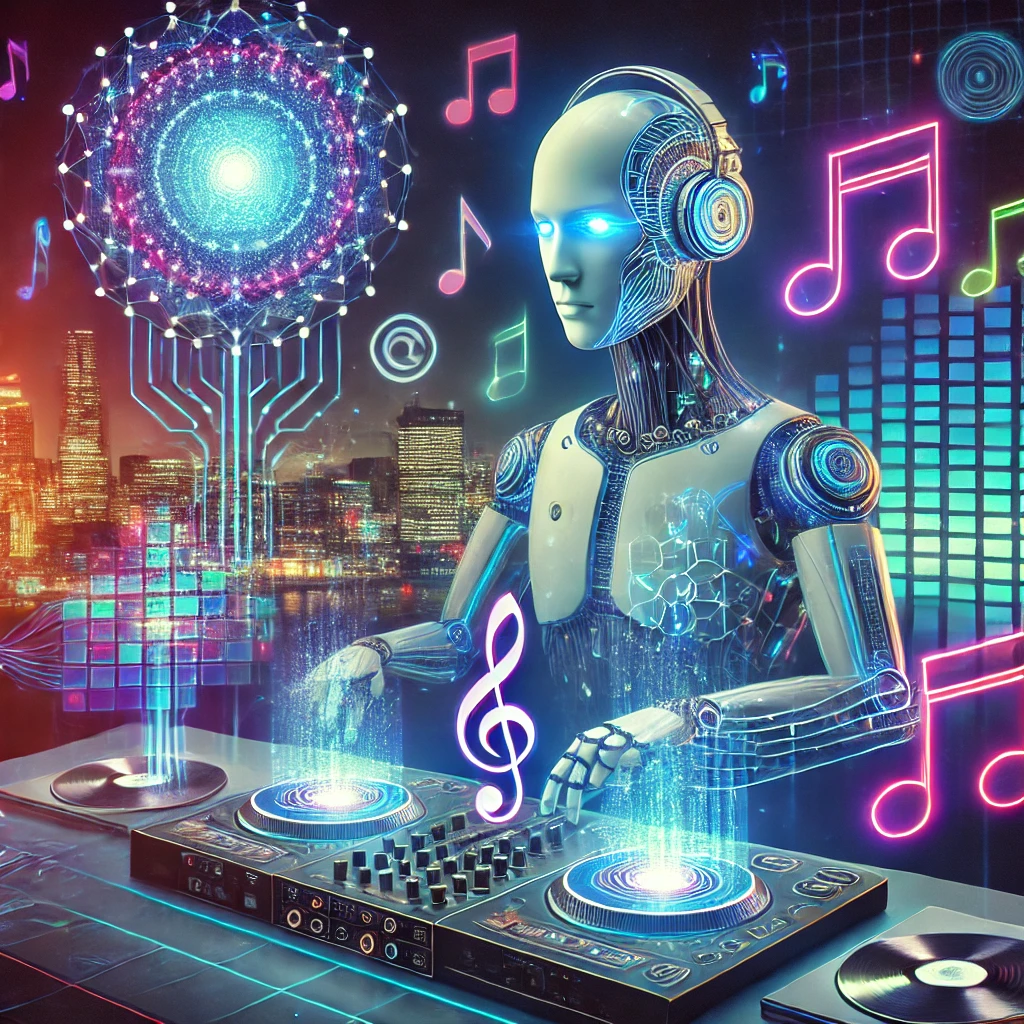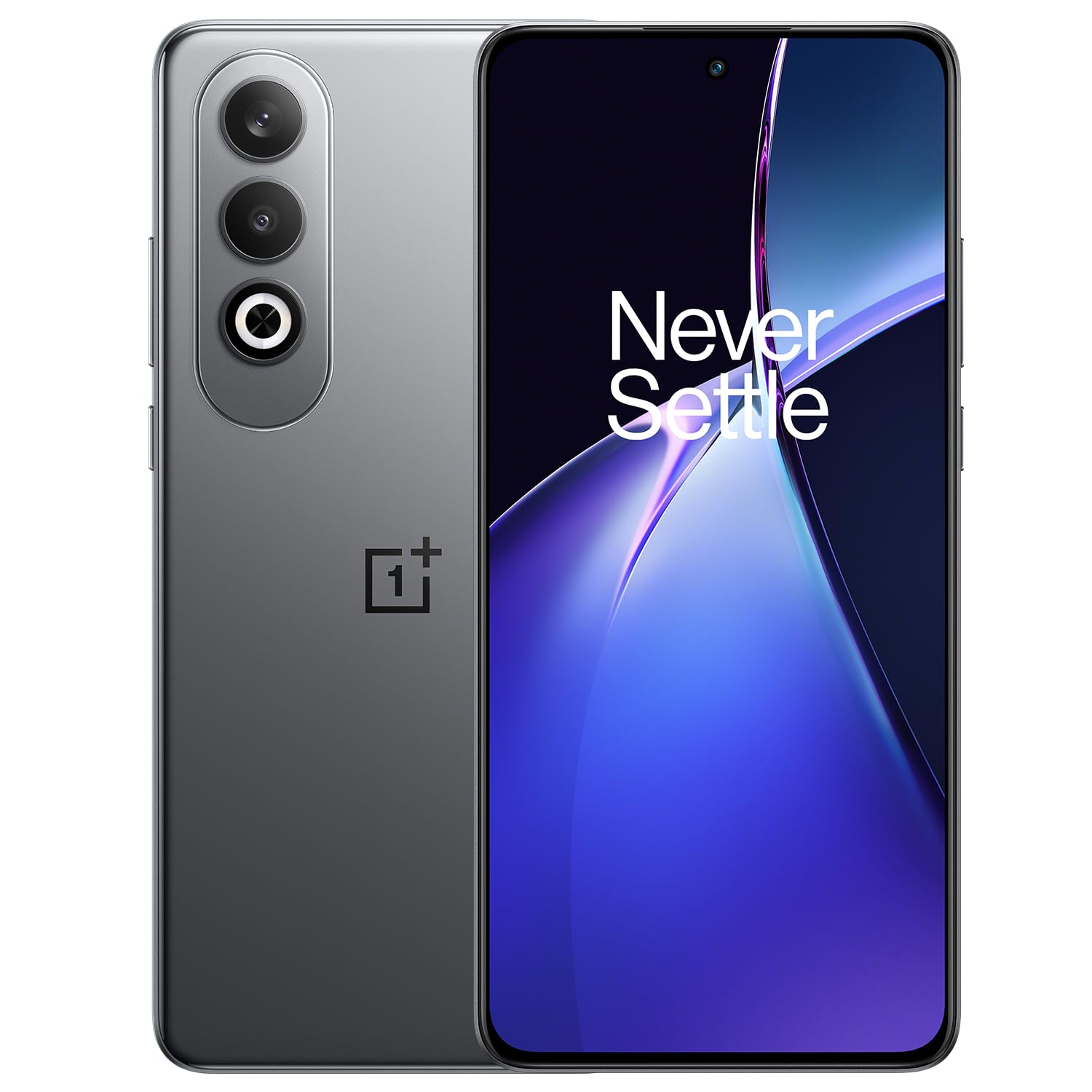From vinyl records to digital streaming, the industry has continuously evolved with innovations. Now, artificial intelligence (AI) is making a profound impact, transforming how music is created, distributed, marketed, and consumed. AI is not just a tool for automation; it is redefining creativity, enhancing personalization, and opening new possibilities for artists, producers, and listeners alike. This is how AI is changing the music industry.
AI in Music Creation: Composing the Future
One of the most exciting applications of AI in the music industry is its role in music composition. AI-powered tools like OpenAI’s MuseNet and Google’s Magenta can compose complex pieces of music in various genres, mimicking human creativity. These AI models analyze vast amounts of musical data to generate original compositions that blend different styles and structures.
How AI is Assisting Musicians in Songwriting
The various AI-driven platforms, such as AIVA (Artificial Intelligence Virtual Artist), Amper Music, assist musicians in creating melodies, harmonies, and even lyrics. These tools are creative collaborators that provide inspiration and help artists cut their ideas into more coherent compositions.
For instance, AI can be used to:
Suggest chord progressions and melodies Generate lyrics for any emotional and thematic purpose Remix or change a song into another version Enhance the production quality by suggesting arrangements This doesn’t mean AI is replacing human musicians; rather, it is empowering them by avoiding the creative blocks and expanding their artistic possibilities.
AI in Music Production: Improving Sound Quality
AI is also revolutionizing the music industry by facilitating music production. Traditionally, mixing and mastering required highly skilled professionals and expensive equipment. Today, AI-powered tools like LANDR and iZotope Ozone can master music remotely automatically, thus ensuring professional-grade sound at a small fraction of the cost.
Key AI Technologies in Music Production
Automated Mixing & Mastering: AI software can analyze audio tracks, adjust levels, apply effects, and ensure consistency across an entire album. AI-Generated Sound Effects: AI can create and modify sound effects tailored to specific moods and styles. Voice Modulation & Enhancement: AI tools like Antares Auto-Tune and Voicify help artists refine their vocals for better quality. With AI taking care of the technical side, producers can focus more on the creative process, and that is how innovation in sound design happens.
AI in Music Distribution: Smarter Streaming & Discovery
Music distribution and discovery have changed completely with AI. AI-driven algorithms curate playlists and recommend songs based on user preferences on streaming platforms like Spotify, Apple Music, and YouTube Music.
How AI is Improving Music Discovery
Personalized Recommendations: AI learns the listening habits, mood preferences, and past behaviors to suggest songs that users are likely to enjoy.
Playlist Curation: Spotify’s AI curates dynamic playlists like “Discover Weekly” based on users’ listening history.
Predicting Hit Songs: AI can analyze trending patterns and predict which songs have the potential to go viral, helping record labels and artists optimize their marketing strategies.
By refining music discovery, AI helps artists reach new audiences and ensures listeners find songs that resonate with them.
AI in Music Marketing: Targeting the Right Audience
Marketing plays a crucial role in the music industry, and AI is making promotional campaigns more effective. AI-powered analytics tools provide insights into audience demographics, listening behaviors, and engagement levels, allowing artists to craft data-driven marketing strategies.
AI’s Role in Music Promotion
Social Media Engagement: AI-powered chatbots interact with fans, answering queries and promoting new releases.
Predictive Analytics: AI analyzes data from social media, streaming platforms, and digital downloads to forecast an artist’s future success.
Automated Content Creation: AI-generated visuals, video edits, and even AI-written press releases help streamline marketing efforts.
With AI handling marketing tasks, artists and labels can focus on producing quality music while ensuring their reach is maximized.
AI in Live Performances: Virtual Concerts & Beyond
The pandemic fast-tracked the adoption of AI-powered virtual concerts and holographic performances within the music industry. AI-driven technologies enhance live performances by providing immersive experiences.
AI Innovations in Live Music
Holographic Performances: AI has enabled concerts that feature holograms of deceased legends like Tupac and Michael Jackson.
AI-Generated Visuals: AI generates real-time visuals that are aligned with music in live shows to increase audience interaction.
Virtual Reality (VR) Concerts: Platforms like Wave use AI to power virtual concerts where fans can interact with artists in a digital environment.
These innovations are redefining live music experiences, making performances more accessible and immersive. This is how AI is changing the music industry.
Ethical Concerns & Challenges of AI in Music
Despite the numerous advantages, AI’s role in the music industry also raises concerns.
1. AI and Copyright Issues: To whom do the rights of AI-generated music go? Should AI compose a song be credited as an artist? Without clear regulations, it is tricky on how to approach AI-generated music legally.
2. Job Replacement Dread: Many fear that with AI, human musicians, producers, and engineers will lose their jobs. Experts counter that AI is more of a collaborator than a competitor, helping rather than replacing professionals.
3. Lack of Emotional Depth: While AI can generate music, it still struggles to capture the depth of human emotions and experiences that define great music. Creativity and emotional storytelling remain uniquely human traits.
The Future of AI in the Music Industry
AI’s presence in the music industry will continue to grow, but it is unlikely to replace human creativity. Instead, it will serve as an invaluable tool for artists, producers, and marketers. The future might see AI-powered collaborations between human musicians and AI systems, creating entirely new genres and styles of music. This is how AI is changing the music industry.
What to Expect in the Coming Years?
AI-Powered Music Festivals: Events where AI curates setlists and generates real-time music.
Hyper-Personalized Music: AI could create songs tailored specifically to individual listeners’ preferences.
Better Protection for AI-Generated Music: Legal frameworks will evolve to address copyright and ownership concerns. This is how AI is changing the music industry.












